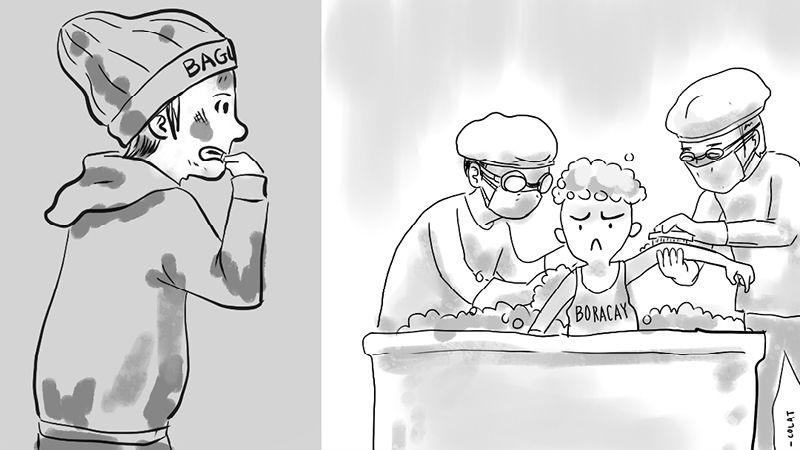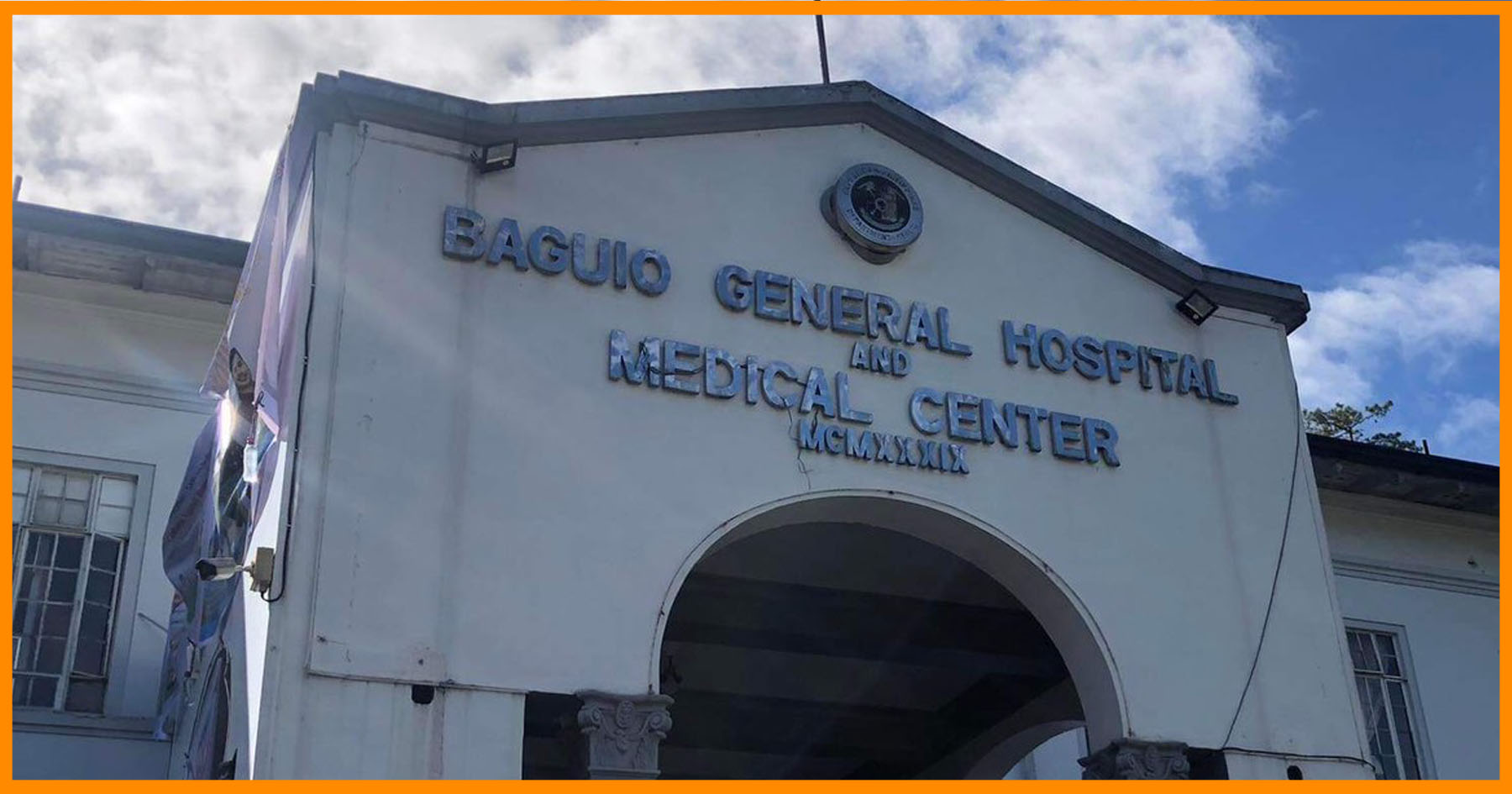President Rodrigo R. Duterte showed his political will with his order to close the scenic island of Boracay to visitors for a period not exceeding six months to put a stop to the rampant disposal of waste to the sea. The President’s decision was surely a painful one because Boracay is the country’s prime tourist destination frequented by thousands of foreign tourists wanting to enjoy its fine white sand. Obviously, the island is in disarray because of the inability of government agencies and the local government to provide required waste water treatment facilities and the enforce prescribed easement and the mandated non-buildable areas.
Truly, there are numerous island destinations in Luzon, Visayas and Mindanao that are in a similar situation as Boracay. Boracay should serve as example to the government agencies and local governments in beach destinations in the country to institute the appropriate measures and enforce laws that for businesses to comply with existing environmental laws, rules and regulations.
Before leaving for Argentina to discuss with Argentine officials on how to undertake the rehabilitation of Boracay, Tourism Secretary Wanda Teo said the tourism department is setting its sights on Baguio City as the next area where rehabilitation must be done to correct the alleged abuses to the environment due to the massive construction of tourism establishments coupled with the influx of over 500,000 visitors during weekends and holidays.
However, local officials seem not to accept reality that there is overdevelopment in the city triggered by rapid migration and the influx of visitors due to the significantly reduced travel time from the lowlands to the mountain resort city courtesy of the Tarlac-Pangasinan-La Union Expressway (TPLEX). While it is true that the local government has embarked on numerous short, medium and long-term projects and programs to help sustain the state of the city’s environment, national officials have a different view on the matter. For one, the city put in place the Salaknib ti Waig, a multi-stakeholder approach to clean not only Balili river but also other river systems in the city and other neighboring towns of Benguet. Secondly, it strictly implemented the anti-smoke belching campaign and it is proposing the put up of additional sewerage treatment plants within the slaughterhouse compound and the City Camp area. Thirdly, it has intensified the implementation of the anti-smoking ordinance and the campaign to rid the barangays with backyard piggeries. However, the absence of real ground support to the said interventions has actually compromised some of the said programs.
We are not surprised by the pronouncement of tourism officials that Baguio City will be the next area to be rehabilitated. We welcome this as it indicates that the critical situation in the city has caught the attention of national officials. As residents of the city, we must start shaping up or face the consequences of our hard-headedness in complying with our personal responsibilities of taking care of the environment, like segregation of garbage at home, recycle, re-use and reduce.
This is a wakeup call for the city’s officialdom, especially the barangay officials, to act resolutely on the following issues: waste disposal, including enforcing laws against burning of garbage; encroachment on parks, road-right-of-way areas, sidewalks, and other areas intended as public spaces; drainage, among other matters. With the barangay and Sangguniang Kabataan elections next month, we should take this opportunity to audit our current officials, both as a council and as individual members of the council, how they performed in protecting our environment and our welfare. This is the time to ask candidates if they know the provisions of the Republic Act 9003 or the Ecological Solid Waste Management Act. We must ask them how they have made our sidewalks safe, especially for our children walking to school, by ensuring that these are free from encroachments and other illegal structures and that vehicles are not parked therein. We must ask if they resolved the encroachments in public places, and how they protected these for the enjoyment of their constituency. However, most importantly, we must them how they consulted us on most of our issues.
For the candidates, we can present to them our agenda for making our barangays a safe, clean and nurturing place. We must ask them to commit to the rule of law, to act in a timely manner on issues which affect the health of their constituencies, (like the burning of garbage), to consult with us regularly where they make us, their constituency, the center of their governance. We do not need lame ducks in our barangay governments. We need rehabilitation of our barangay officials so they become firm and aggressive decision-makers. We also need rehabilitation to instill discipline on erring businessmen who seem not to care for the simple things that they violate. We all need rehabilitation in our minds and spirits to really love our barangays, and thus, our city, for it is shameful that an outside agency has to tell us we need rehabilitation. Self-acceptance that we need rehabilitation is the first step to rehabilitation. Let us start with our barangays with the opportunity offered by the barangay elections. VOTE FOR AN ENVIRONMENTALIST!














